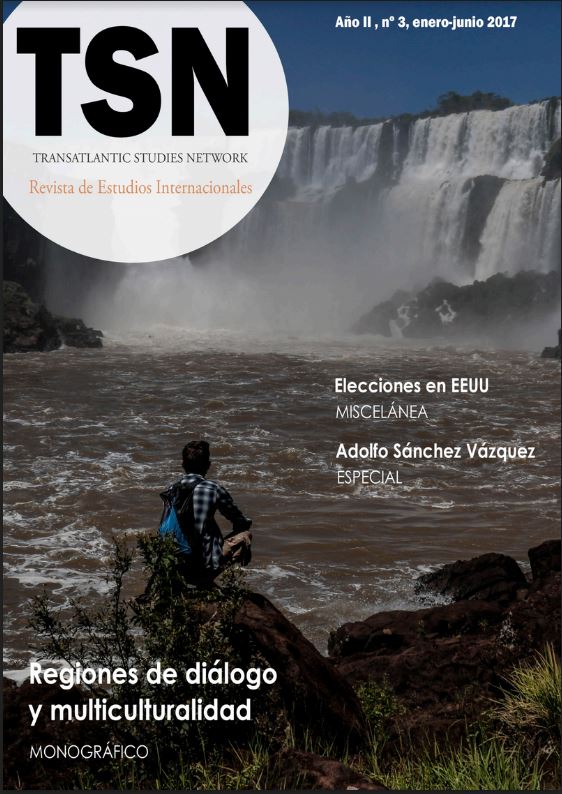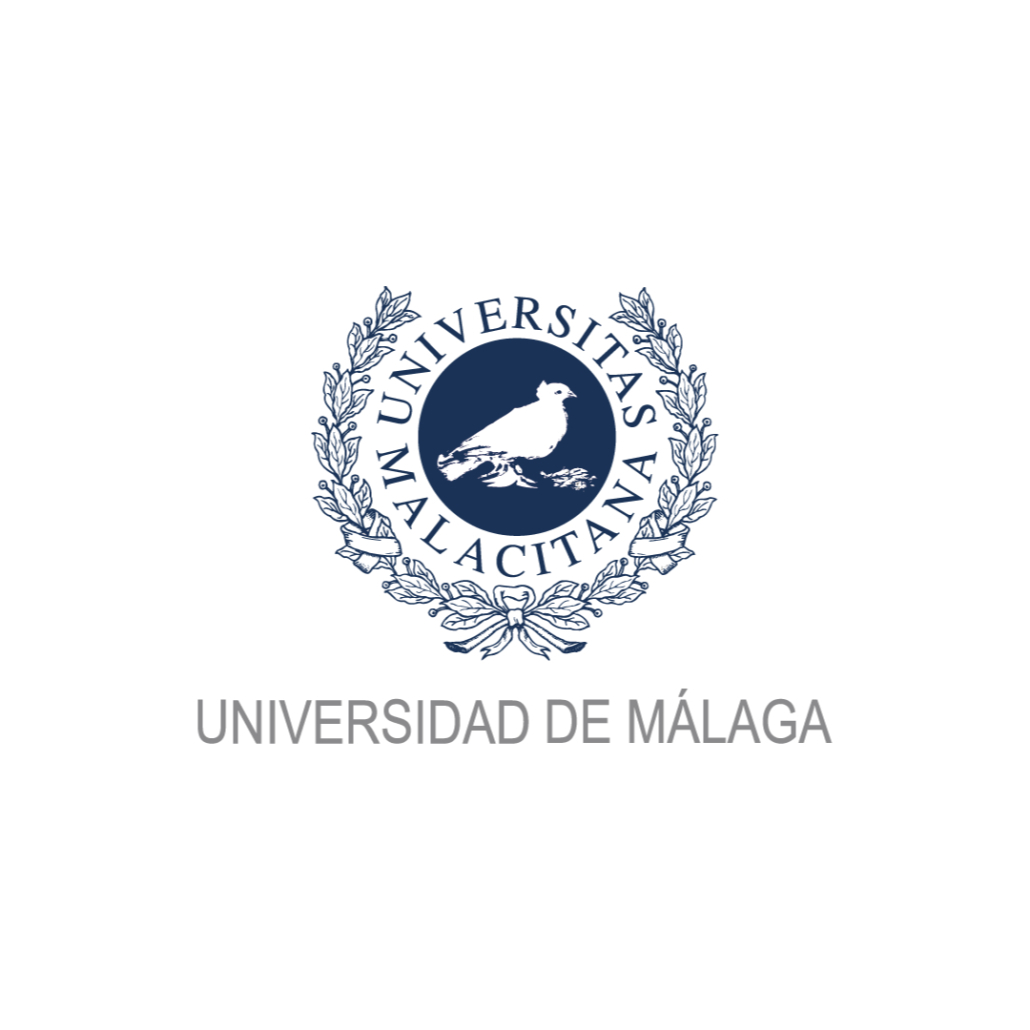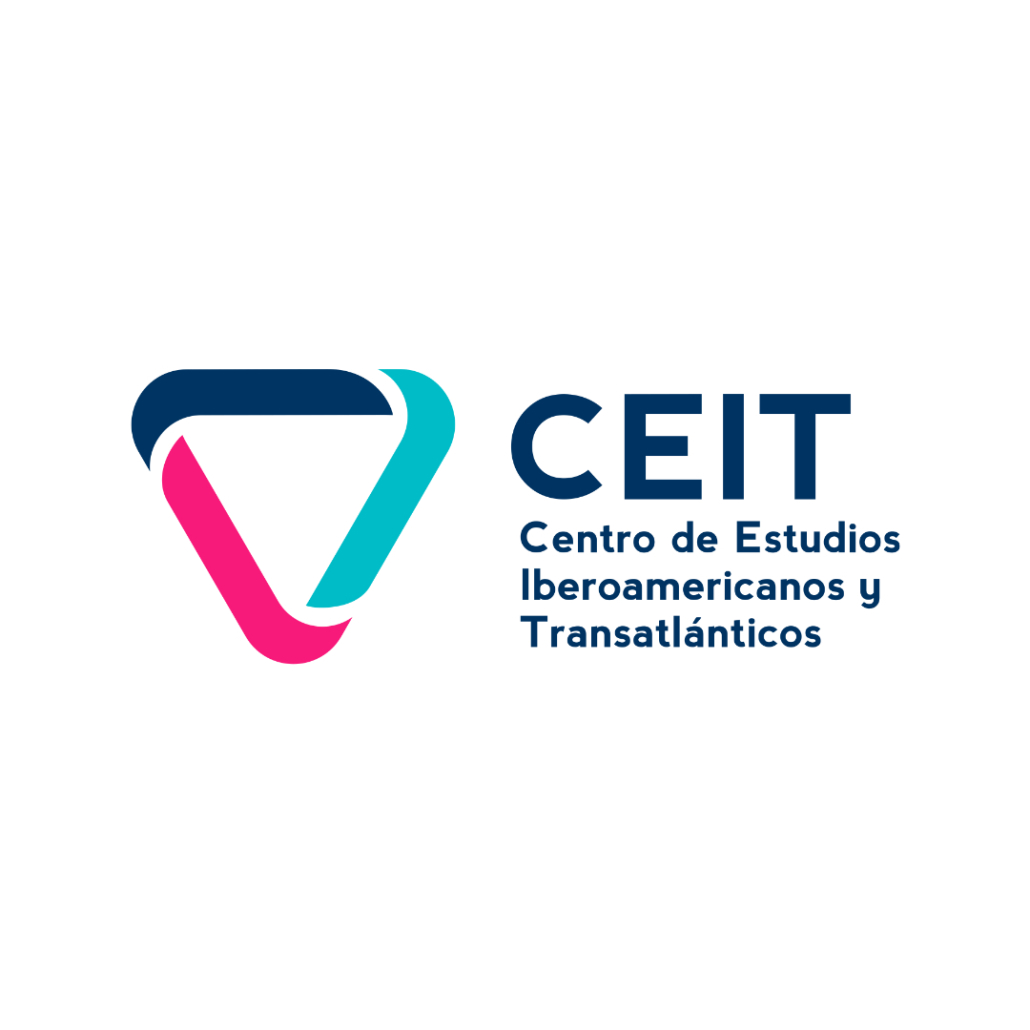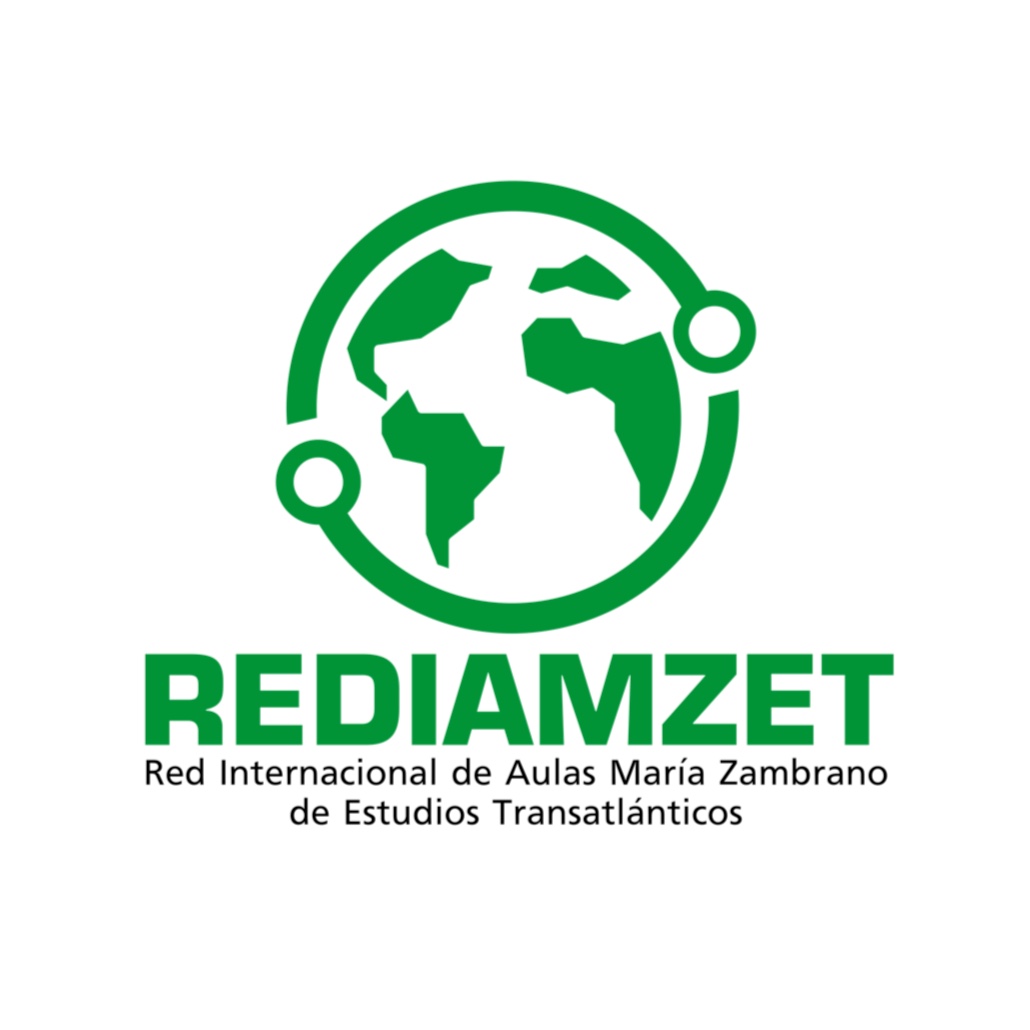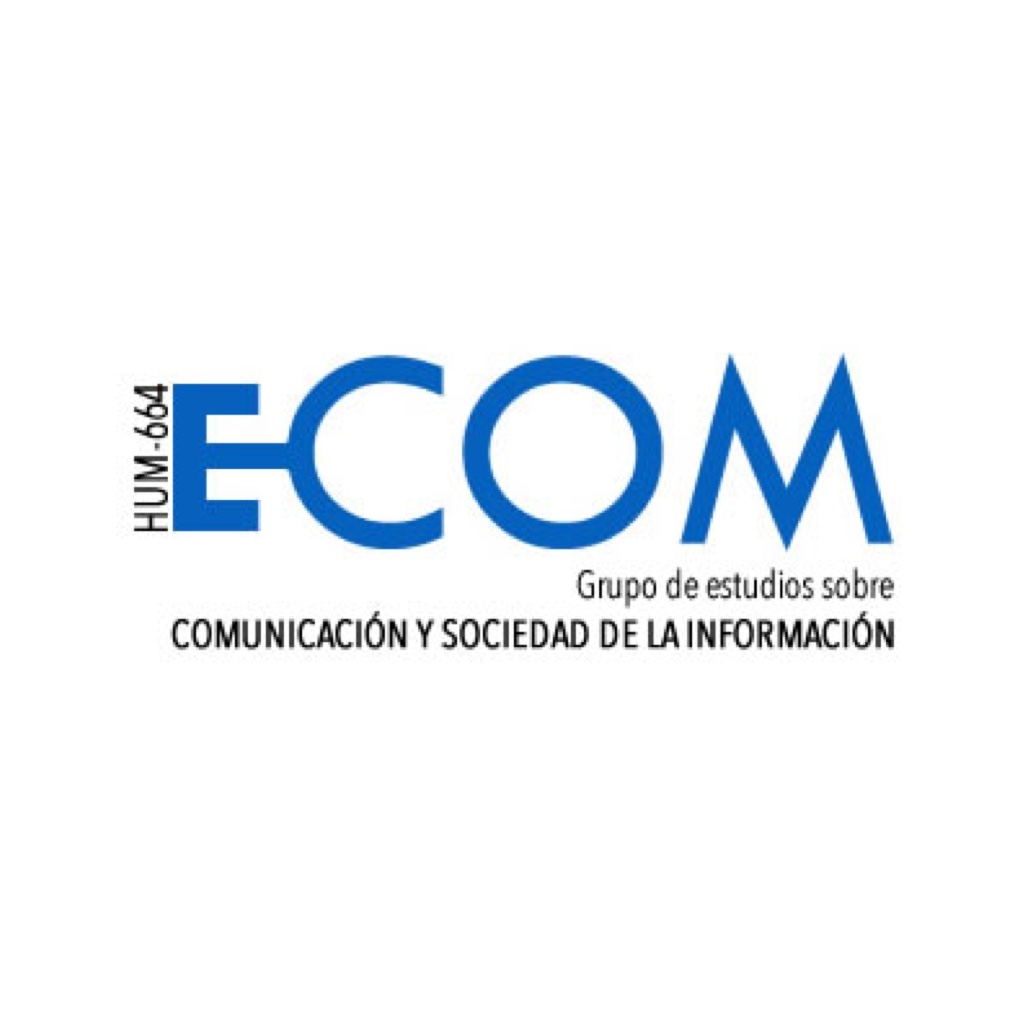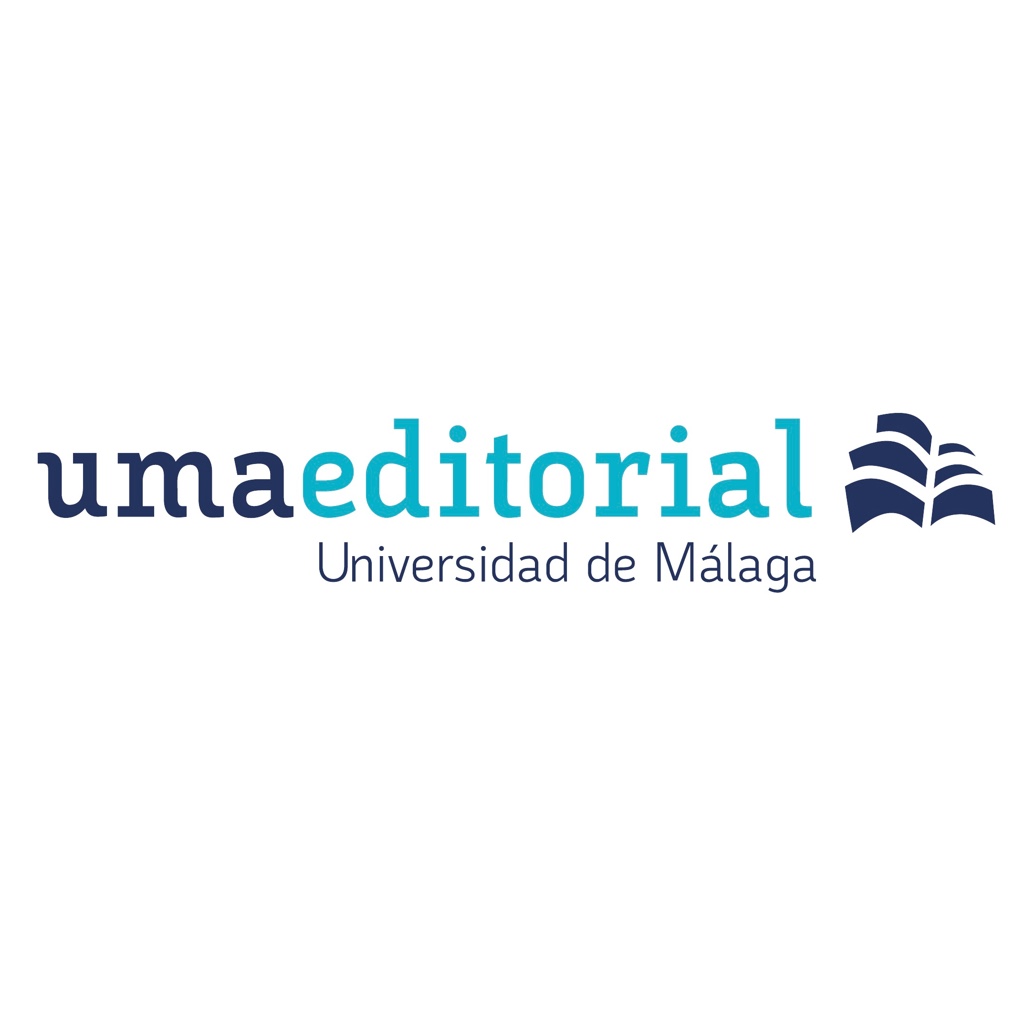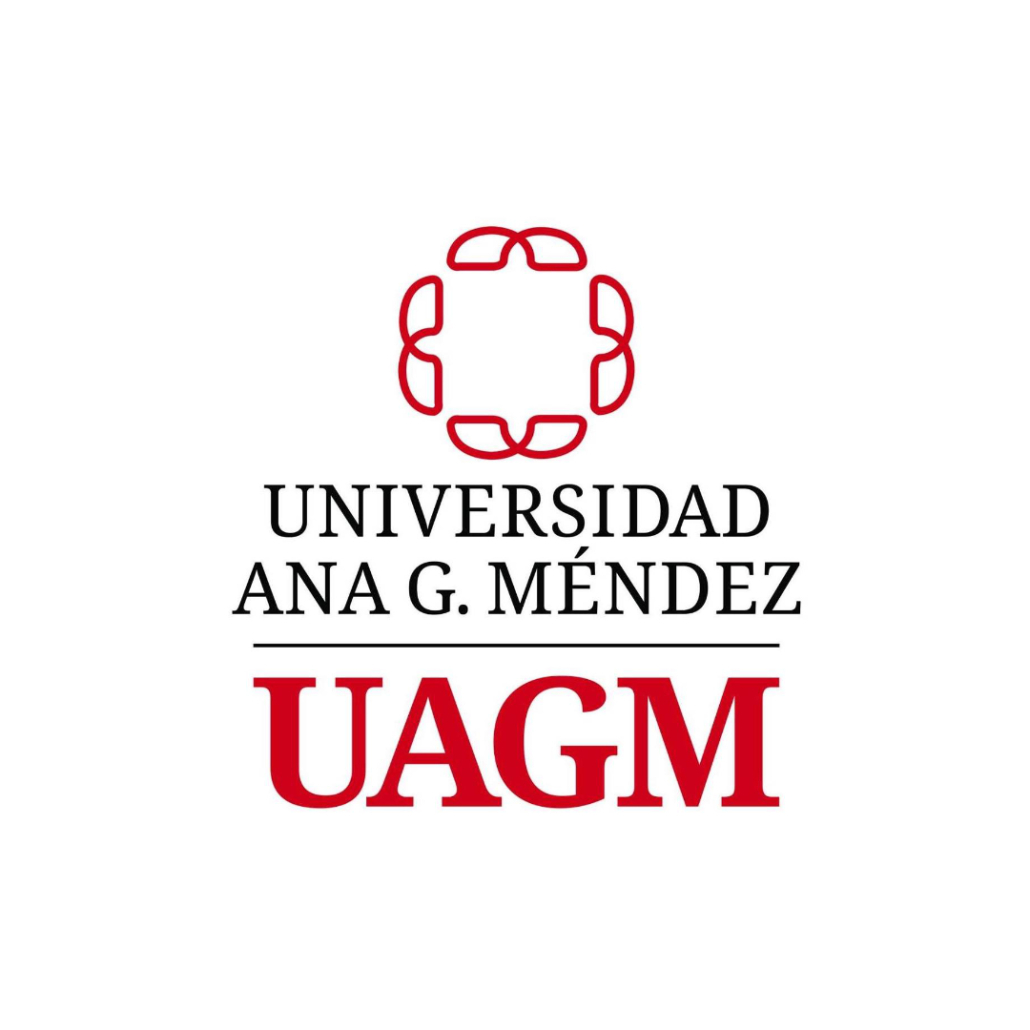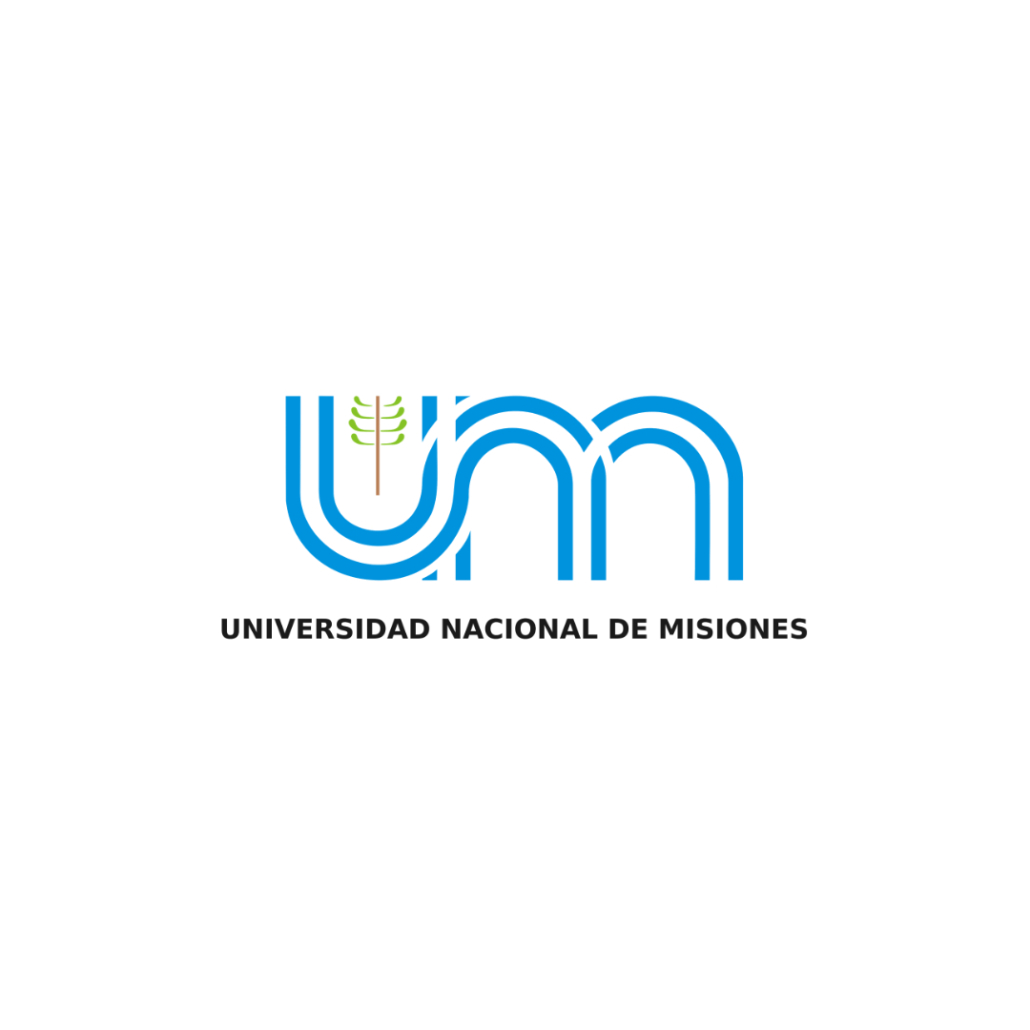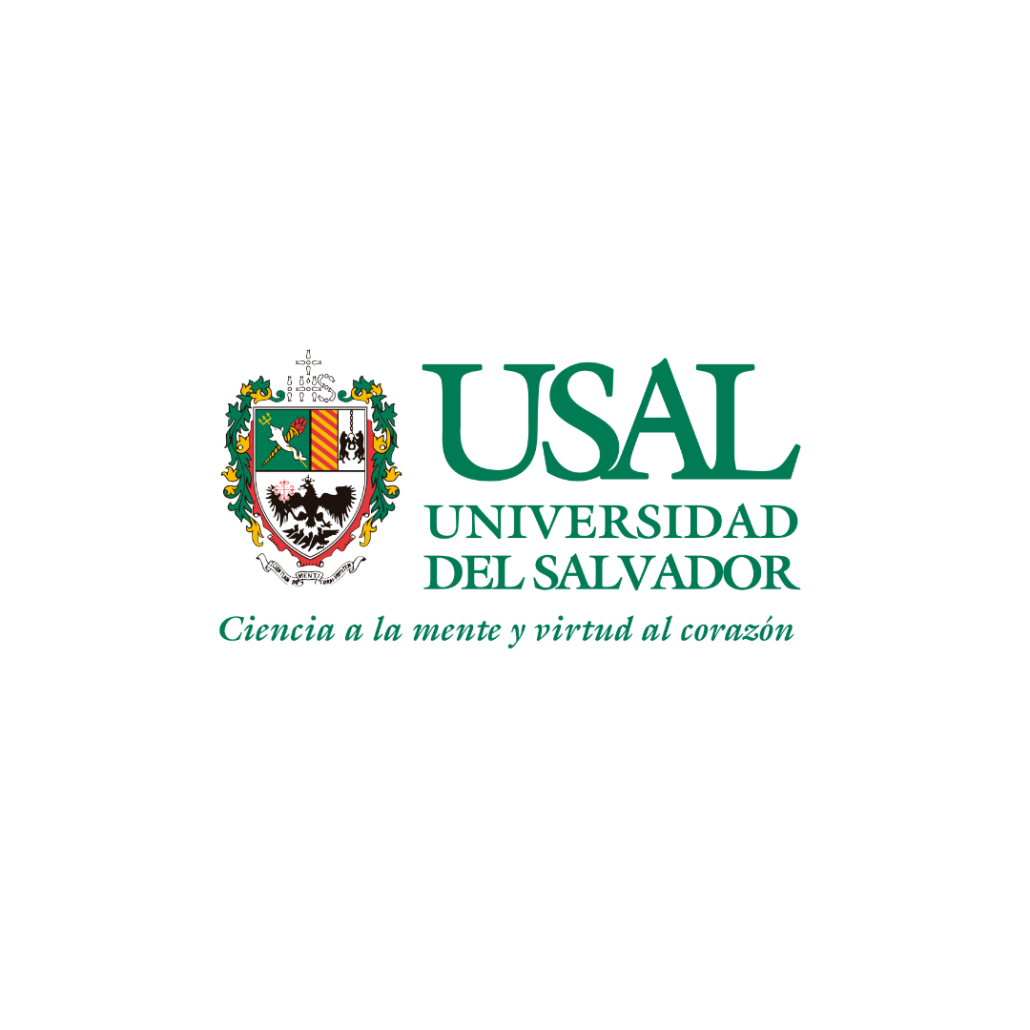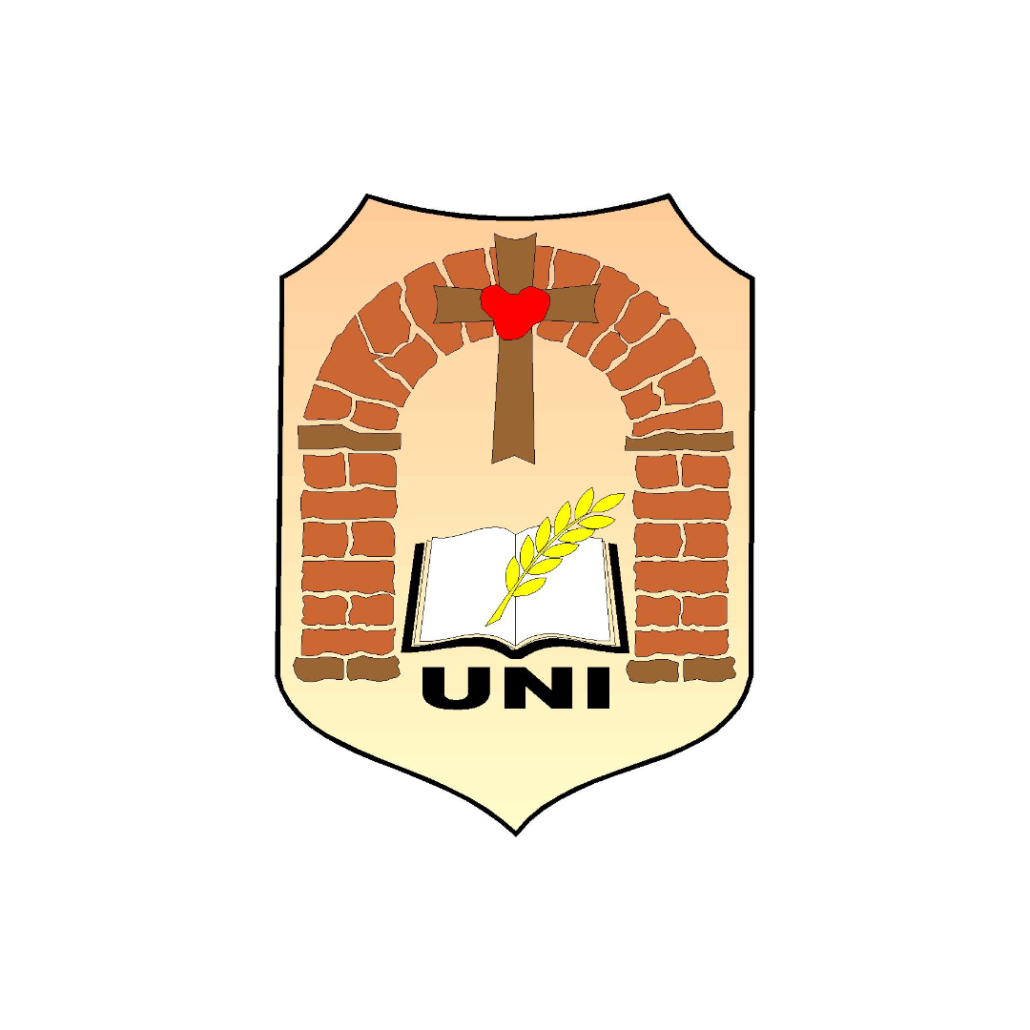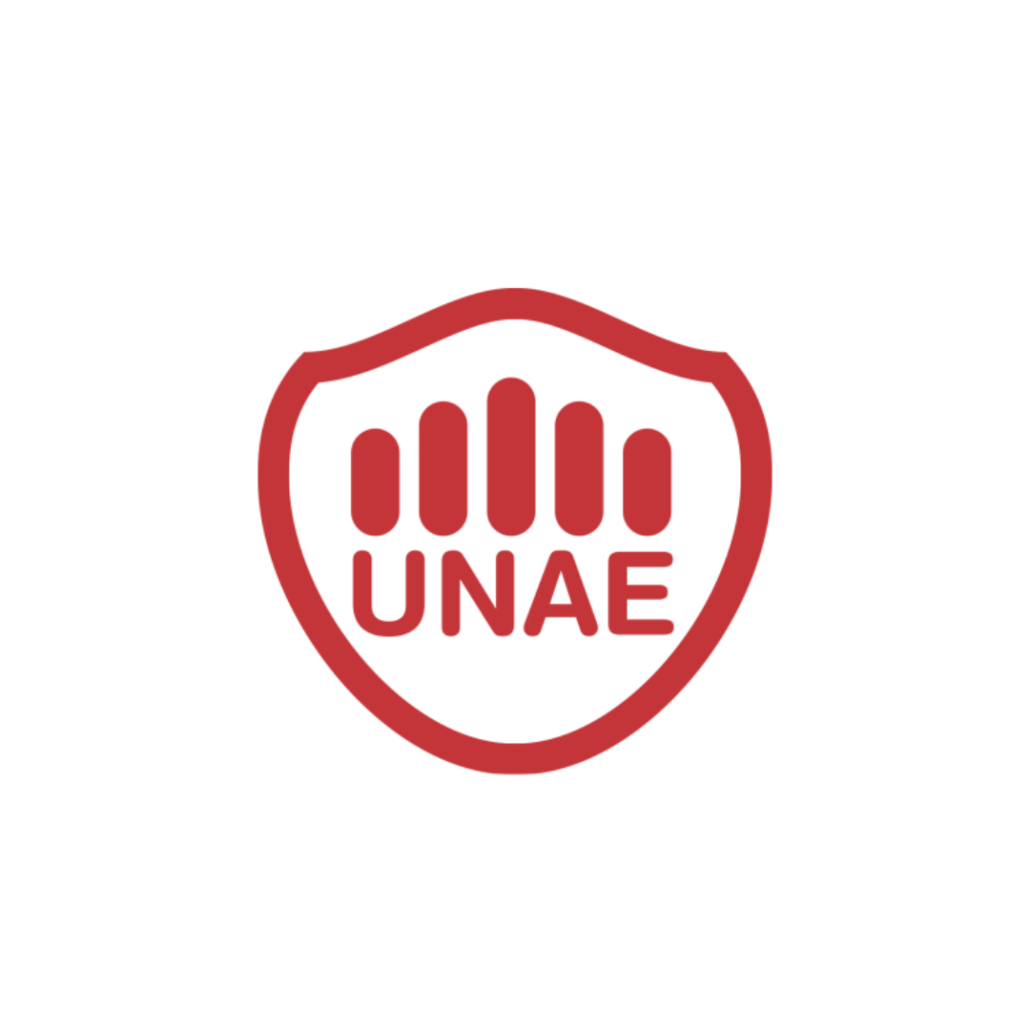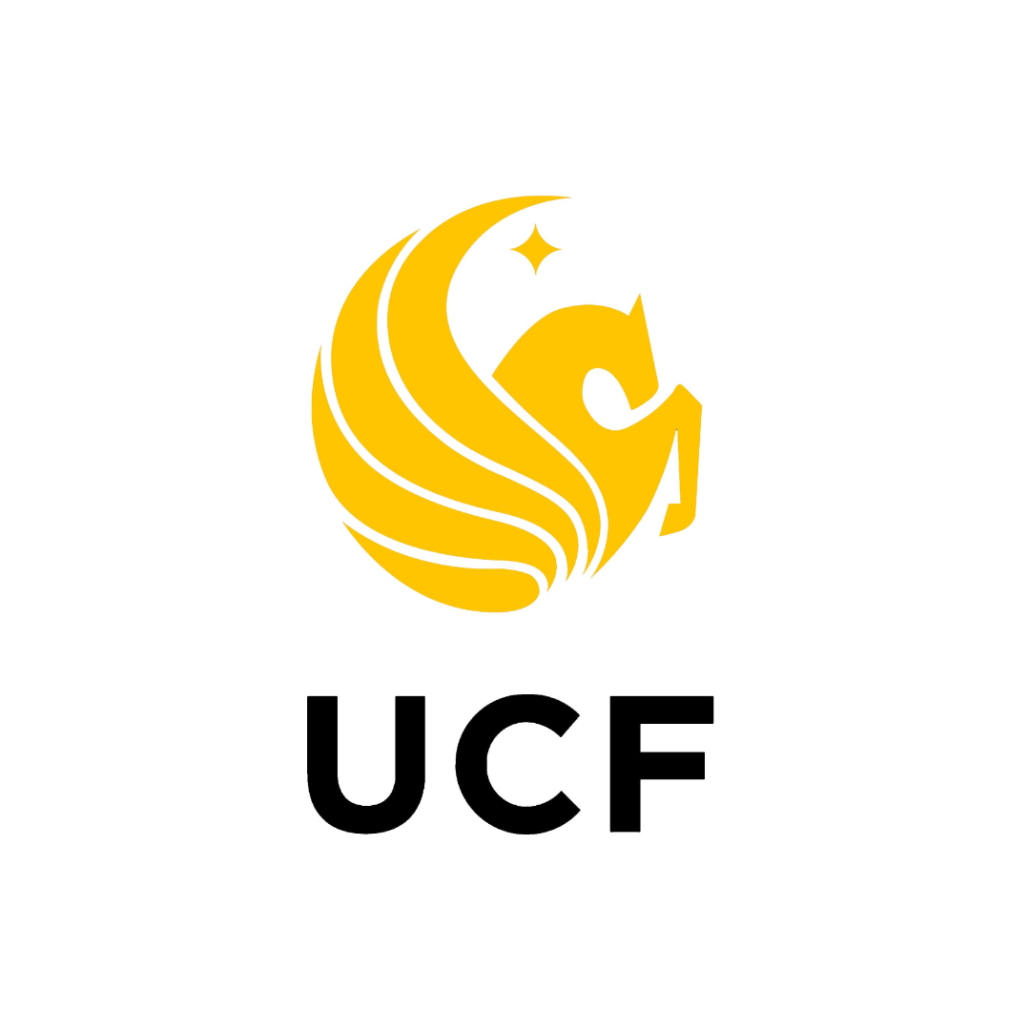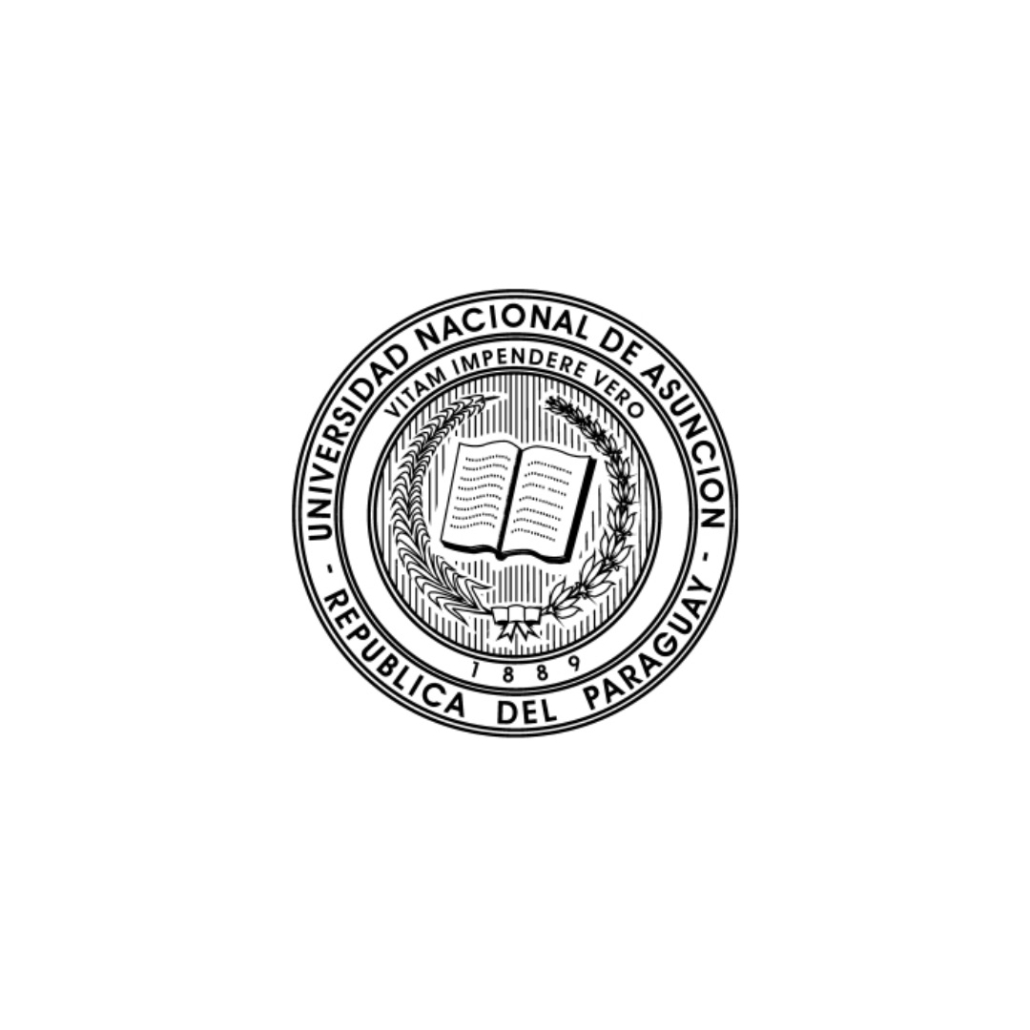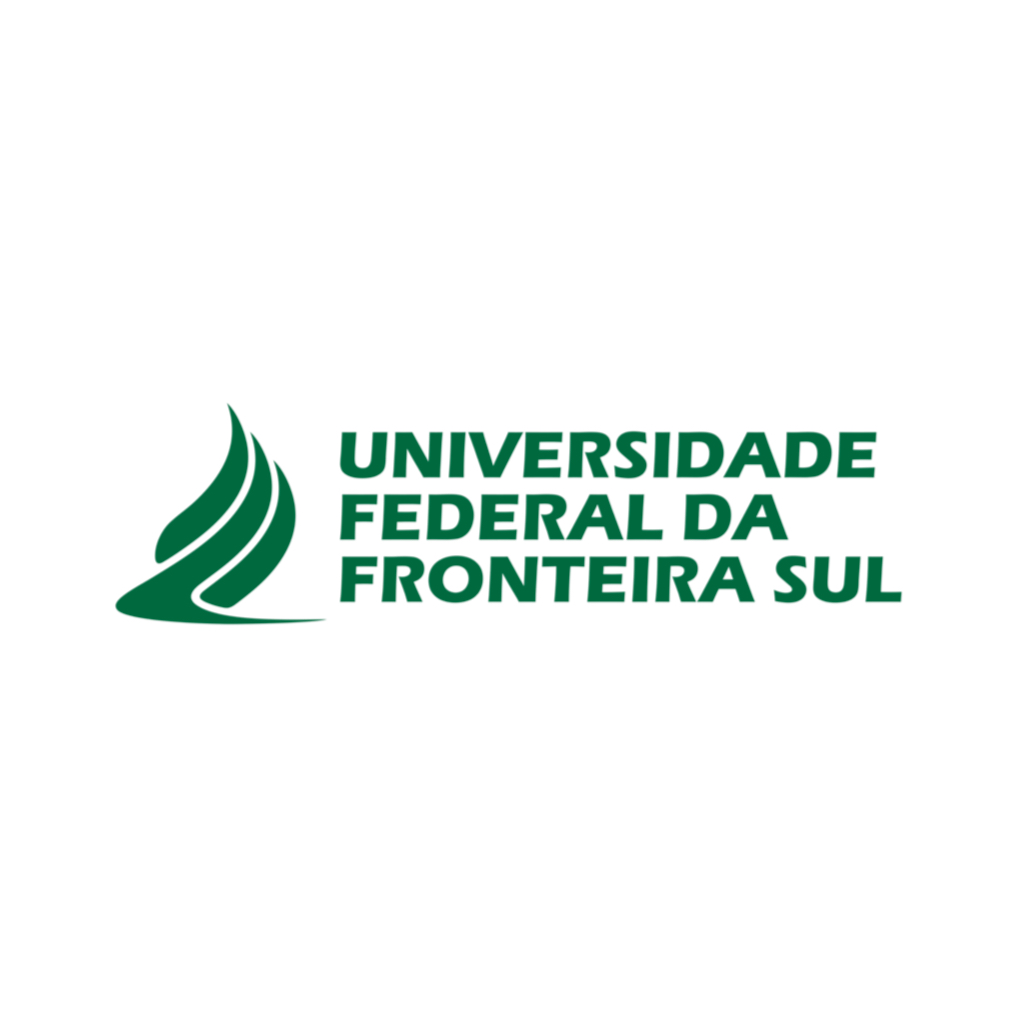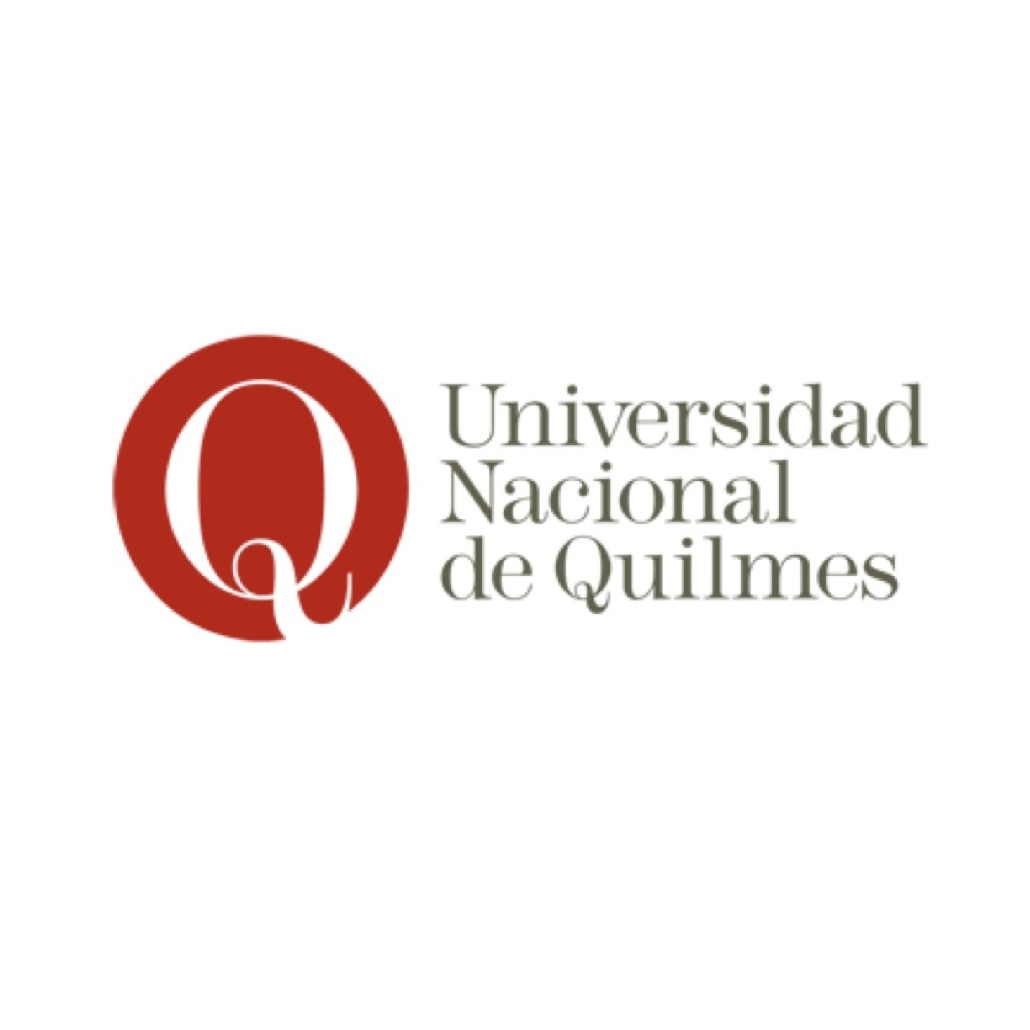Adolfo Sánchez Vázquez and the sad entombment of the exile
DOI:
https://doi.org/10.24310/tsn.3.2017.19269Keywords:
Exile, Adolfo Sánchez Vázquez, Philosophy, Poetry, JournalismAbstract
The author reconstructs the Adolfo Sánchez Vázquez perception of the exile, transterritorialized since childhood in a long journey from Spain after the Civil War that would finish in Mexico aboard the famous ship Sinaia, through several journalistic interviews with the Andalusian philosopher between 1989 and 2001. Sánchez Vázquez, thanks to his oral memory, provides an overview of the Spanish exiles’ perception of the imminent return, who waited the prompt fall of Franco’s dictatorship. Even though the republic of Cárdenas embraced them as a welcoming land, they considered the mere fact of sending their children to school as an act of desertion. Through the testimony of Sánchez Vázquez, we can witness the transformation of his own life, his gradual mexicanization that did not hinder hence a firm commitment with his Spanish culture and memory, especially with Madrid, Malaga and Algeciras, among other places of reference. At the same time, by then the former Aesthetics professor of the UNAM reviewed his own work and the main philosophical, literary, and political referents of his time. It has also been many comments on the evolution of the Marxist ideology, from the interpretation of the Social democracy to the alleged althusserism of Subcommander Marcos.
Downloads
Metrics
Downloads
Published
How to Cite
Issue
Section
License
Copyright (c) 2024 TSN. Transatlantic Studies Network

This work is licensed under a Creative Commons Attribution-NonCommercial-ShareAlike 4.0 International License.

